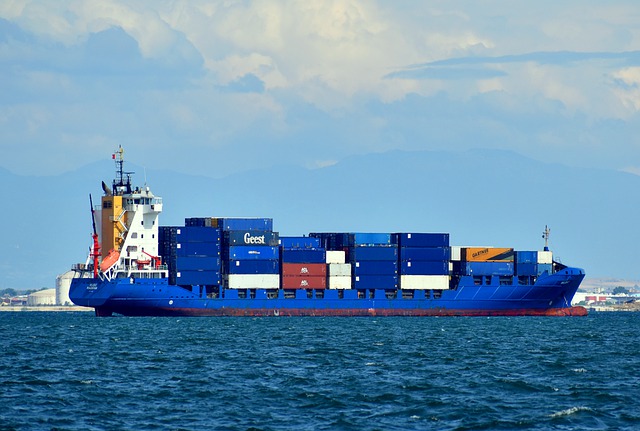 |
| Source Google। Image by-News zone |
Hello friends, welcome to my new article. I hope you're well. Now, during this article I will be able to mention 55 years later product of India going, what profit of Bangladesh in this?
So, let's attend realize this.
The import and export of Indian goods has started using the ports of independent Bangladesh. Experimentally, the products visited Assam and Tripura in India using Chittagong port. An Indian ship left Kolkata port on Thursday and reached Chittagong port on Tuesday.
Through this, after 55 years, Indian goods are getting to Tripura and Assam using the ports of Bangladesh. This transit was closed after the Indo-Pakistani war of 1965. After Bangladesh became independent, both the countries had been trying to re-establish this connection for several years.
After decades of discussions, Transit is finally getting to see the sunshine of day. For the primary time, a ship named 'MV Senjuti' anchored at Chittagong port carrying transit goods from neighboring India.
According to multiple sources within the Indian Ministry of External Affairs, Delhi is praising Prime Minister Sheikh Hasina's decision to permit transit of Indian cargo through Bangladesh ports.
In 2015, India signed an agreement with the govt of Bangladesh to move goods by sea. In another agreement reached in Delhi in October 2016, the 2 countries agreed to provide goods to the northeastern states of India using the ports of Chittagong and Mongla in Bangladesh.
What is the advantage of Bangladesh?
Last night, India had to pay a transshipment charge of only Rs 500 for every 20-foot (TEU) container carrying 25 tonnes of MV Senjuti. Although in 2010 the speed was set at 10 thousand rupees. In other words, one a part of the transshipment charge of 20 per cent has been collected as compared to the prescribed charge of 2010.
According to sources, the MV Senjuti reached the outer harbor of Chittagong port on Tuesday morning. The ship was then delivered to the jetty (berth) no 1 of the port's New Mooring Container Terminal at 1:40 pm with the assistance of a tug boat led by the port's own pilot. The ship was carrying 160 single containers (20 feet each). Of these, four containers are Indian cargo. The remaining 156 were products of Bangladeshi importers. The remaining 140 containers were empty.
According to the agreement, Bangladesh Customs Authority levies seven sorts of tariffs for the utilization of Indian goods. Of this, transshipment fee is Tk 20 per tonne, security fee is Tk 100, escort fee is Tk 50 and other administrative fee is Tk 100. In other words, they need paid Tk 260 per ton of product. Besides, document processing fee of Rs 30 per consignment, scanning fee of Rs 254 per container and electric seal and lock charges are applicable as per rules.
In this case, the charge for installing electronic seals and locks has been fixed at Tk 800 for the primary 48 hours. If it exceeds 48 hours, a further charge of Tk 50 per hour are going to be levied. However, no charge has yet been fixed for road use for Bangladesh.
Experts say that transporting these goods of India over Bangladesh is sweet for the economy. However, considering the risks, the safety of Chittagong port and roads must be strengthened. They think that Bangladesh also has a chance to extend the tariff.
In this context, the economist said Ekushey medal."We got to pay more attention that, how Bangladesh is taking advantage of transit or transhipment and the way much we will recover in any sector," Moinul Islam said. Everyone wants to profit during a free free enterprise . Many agreements will are available the longer term . But we've to know our own interests unequivocally.
So this is often today's article. I hope you understand everything during read to this article. If you've got any questions on your mind you'll comment. Finally many thanks such a lot for reading my article.
written By- Nabel Ahamed
Comments
Post a Comment